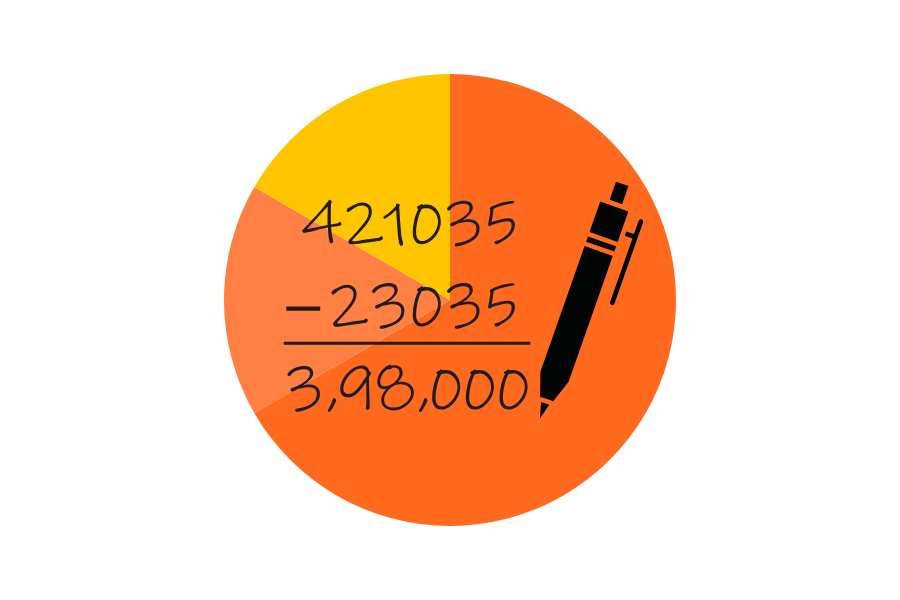The Singapore-Malaysia Double Taxation Agreement: A Small Business Owner’s Guide
As a small business owner, navigating the complexities of international taxation can be a daunting task. However, understanding the Singapore-Malaysia Double Taxation Agreement (DTA) can significantly benefit your business by minimising tax liabilities and fostering cross-border trade. In this guide, we’ll break down the key aspects of the Singapore-Malaysia DTA to help you make informed decisions for your business.
Understanding the Singapore-Malaysia Double Taxation Agreement (DTA)
1. What Is a Double Taxation Agreement (DTA)?
A Double Taxation Agreement is a bilateral treaty between two countries that aims to prevent double taxation on the same income. In the case of the Singapore-Malaysia DTA, it facilitates trade and investment between these two neighbouring nations while ensuring that income is not taxed twice.
Who benefits from the Singapore-Malaysia DTA?
The DTA benefits individuals and companies, including small and medium enterprises (SMEs), operating across both countries. To qualify, entities must have tax residency in either country and engage in various activities in the other. Covered taxpayers include:
- Individuals: Subject to taxation on personal incomes in both nations.
- Companies: Taxed on profits and other incomes in both countries.
- Enterprises: Those based in one contracting state, subject to taxation in the other, facilitating expansion and avoiding double taxation.
Benefits for Small Business Owners
a. Reduced Taxation
One of the primary benefits of the Singapore-Malaysia DTA is the reduction of withholding tax rates on various types of income. For instance, the DTA generally lowers the withholding tax rate on dividends, interest, and royalties.
b. Tax Credits
The DTA allows you to claim a tax credit in your home country for taxes paid in the other country. This provision prevents double taxation and ensures that you don’t pay more tax than necessary.
c. Certainty and Compliance
By understanding and adhering to the DTA’s provisions, you can plan your business operations with greater certainty and ensure compliance with tax regulations in both countries.
Important Provisions of the Singapore-Malaysia Double Tax Treaty
1. Dividends: When a business receives dividends from a company in a contracting state, it may be subject to taxation in both countries. The tax rates are as follows:
- If the business owns 25% or more of the paying company’s capital, the tax cannot exceed 5% of the gross dividend amount.
- In all other cases, the tax cannot exceed 10% of the gross dividend amount. However, if the business maintains a permanent establishment or fixed base in the contracting state, dividends are treated as business profits and taxed accordingly.
2. Interest: The tax rate on interest is determined by the business’s tax residency and its status as the beneficial owner of the interest. If the business qualifies as the beneficial owner, the maximum tax charged is 10% of the gross amount. This represents a reduction from the 15% rate applicable to non-residents.
3. Royalties: Payments for the use of intellectual property rights, such as copyrights, patents, trademarks, and more, are considered royalties and taxed in the business’s country of residency. The DTT lowers the withholding tax rate on royalties to 8% of the gross amount, compared to the standard 10% rate for non-residents. Similar to dividends, royalties may be treated as business profits if the business has a permanent establishment or fixed base in the payer’s country.
4. Technical Fees: Technical fees, paid for services such as technical, managerial, or consulting services, may be taxed in the country where the recipient is located if they are paid by an entity in one country to another. Technical fees are taxed in the state from which the fees are derived, and the tax should not exceed 5% of the gross amount of the technical fees.
5. Income from Property Taxes: Income from immovable property, such as rent from a building, is taxable in the state where the property is located. For instance, rent from a property in Singapore will be taxed in Singapore, even if the business owning it is established in Malaysia.
6. Tax on Associated Enterprises: When a company from one contracting state participates directly or indirectly in the management, control, or capital of an enterprise in the other contracting state, or when the same individuals are directly or indirectly involved in the management, control, or capital of enterprises in both states, it is considered an associated enterprise. In cases where double taxation may occur, both countries’ tax authorities will consult each other to determine the appropriate tax treatment, ensuring there is no double taxation.
Navigating the DTA
1. Seek Professional Advice
Given the complexities of international taxation, consider consulting with a tax professional or advisor who specialises in DTA matters. They can help you make informed decisions and ensure compliance.
2. Keep Records
Maintain detailed records of your business transactions and income derived from Malaysia. Proper documentation is essential when claiming benefits under the DTA.
Summary
The Singapore-Malaysia DTA offers significant advantages to small business owners engaged in cross-border activities. By understanding its provisions, seeking professional advice, and maintaining meticulous records, you can maximise tax benefits, minimise liabilities, and foster successful business ventures between these two neighbouring nations.
Time is money. Let the pro team at Counto take care of your incorporation, accounting, and taxes. Speak to us directly on our chatbot, email us at [email protected], or contact us using this form.
Here are some articles you might find helpful:







